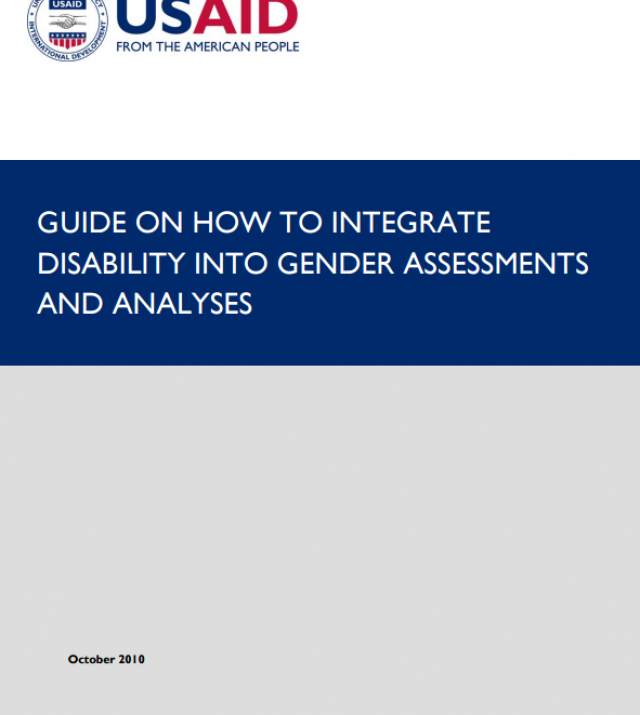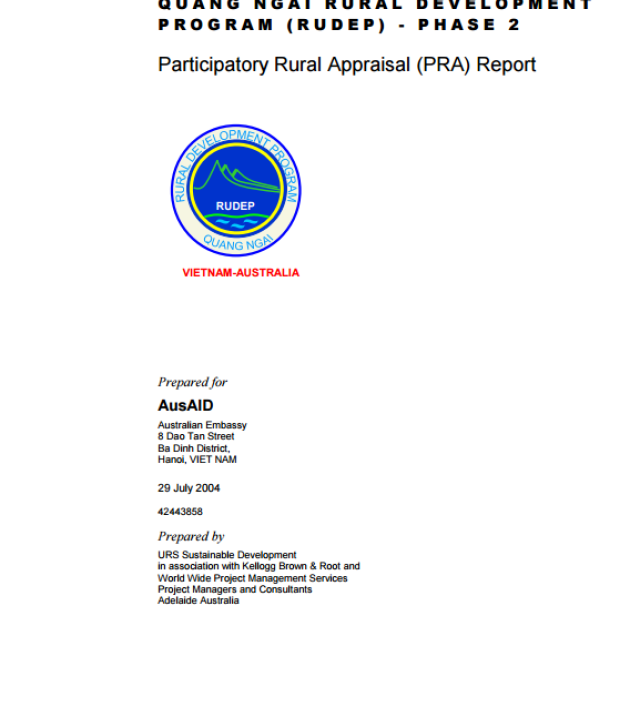
Climate Change and Water UN-Water Policy Brief

Key Messages
The global climate change crisis is inextricably linked to water. Climate change is increasing variability in the water cycle, thus inducing extreme weather events, reducing the predictability of water availability, decreasing water quality and threatening sustainable development, biodiversity and enjoyment of the human rights to safe drinking water and sanitation worldwide. The growing global demand for water increases the need for energy-intensive water pumping, transportation and treatment, and has contributed to the degradation of critical water-dependent carbon sinks such as peatlands. In addition, some climate change mitigation measures, such as expanded use of biofuels, can further exacerbate water scarcity. National and regional climate policy and planning must take an integrated approach to climate change and water management. Increased water stress and meeting future demand will require increasingly tough decisions about how to allocate water resources among competing water uses, including for climate change mitigation and adaptation activities. If a sustainable future is to be created, continuing along a “business as usual” pathway is no longer an option, and water management needs to be scrutinized through a climate-resilience lens. Increased investment is needed in improving hydrological data, institutions and governance, education and capacity development, risk assessment and knowledgesharing. Policies need to ensure the representation, participation, behavioural change and accountability of all stakeholders, including the private sector and civil society. Adaptation plans need to incorporate targeted strategies that assist lower-income populations – those who are disproportionately affected by climate change impacts – to navigate new conditions.

